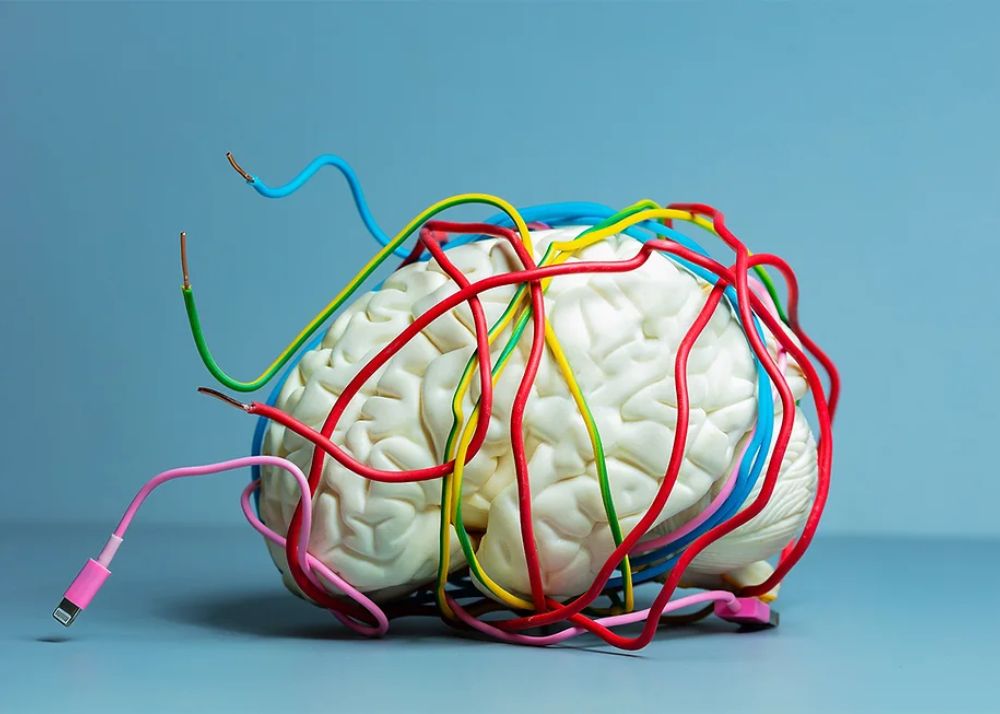Addiction is a complex and challenging condition that affects millions of people worldwide. It can be incredibly difficult to overcome addiction, and many people struggle with relapse even after completing treatment programs. One promising approach to addiction recovery is to “rewire” the brain, which involves breaking old habits and creating new, healthier patterns of behaviour.
But how long does it take to rewire the brain from addiction? In this guide, we will explore the latest research on addiction and brain rewiring, including the factors that can impact the process and how long it may take to see results.
Whether you are struggling with addiction yourself or supporting someone who is, understanding the brain rewiring process can help you to create a successful recovery plan and achieve lasting change. So, if you’re ready to learn more about how long it takes to rewire the brain from addiction, let’s get started.
How Long Does It Take To Rewire the Brain From Addiction?

The amount of time it takes to rewire the brain from addiction can vary widely depending on factors such as the type and severity of addiction, the individual’s biology and environment, and the specific strategies used to support recovery.
However, research suggests that it can take at least 90 days to establish new neural pathways and habits that can replace old, addictive patterns of behaviour.
This 90-day period is often considered a critical milestone in addiction recovery, as it represents the amount of time it takes for the brain to begin adapting to new behaviours and thought patterns. During this time, it is important to stay committed to your recovery plan and to continue engaging in healthy habits and behaviours that support your goals.
It’s important to note that rewiring the brain from addiction is an ongoing process that may require ongoing support and effort. Relapse is a common part of the recovery journey, and setbacks are normal. However, with persistence and a commitment to making positive changes, it is possible to overcome addiction and build a new, healthy way of living.
Ultimately, the length of time it takes to rewire the brain from addiction will depend on a variety of individual factors, and there is no set timeline for recovery. It’s important to work closely with healthcare professionals and other supportive resources to develop a personalized plan that meets your unique needs and goals.
Related: The Benefits of Mindfulness Meditation and How to Practice It
Tips to Rewire the Brain From Addiction?

Rewiring the brain from addiction involves creating new neural pathways and habits that can replace old, addictive patterns of behaviour. Here are some ways that you can rewire your brain from addiction:
- Seek professional help: One of the most effective ways to rewire the brain from addiction is to seek professional help from addiction treatment programs, such as counselling, therapy, and support groups. These programs can help you identify and change negative thought patterns and behaviours that contribute to addiction.
- Practice mindfulness and meditation: Mindfulness and meditation can help you develop greater awareness and control over your thoughts and emotions, which can be helpful in breaking addictive patterns of behaviour. These practices can also help you reduce stress and anxiety, which can trigger addictive behaviours.
- Exercise regularly: Exercise can help promote the release of endorphins, which are natural feel-good chemicals that can reduce cravings and improve mood. Regular exercise can also help you establish healthy routines and habits.
- Connect with supportive people: Surrounding yourself with supportive and positive people can help you stay motivated and accountable in your journey towards recovery. Social support can also help reduce stress and loneliness, which can trigger addictive behaviours.
- Avoid triggers: Identifying and avoiding triggers, such as people, places, and situations that can lead to addictive behaviours, can be an important part of rewiring the brain from addiction. Avoiding triggers can help you establish new habits and routines that support your recovery.
- Practice self-care: Taking care of yourself physically, emotionally, and mentally can help you develop greater resilience and strength in the face of addiction. This can include activities such as getting enough sleep, eating a healthy diet, and engaging in hobbies or activities that bring you joy and fulfilment.
Rewiring the brain from addiction is a process that can take time and effort, but with persistence and dedication, it is possible to overcome addiction and create a new, healthy way of living.
Read More: SpreeOwl is a modern media blogging website focusing on business, finance, technology, healthcare, entrepreneurship, leadership, and lifestyle.




